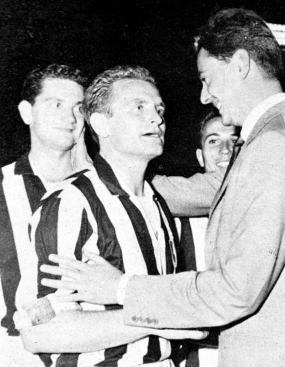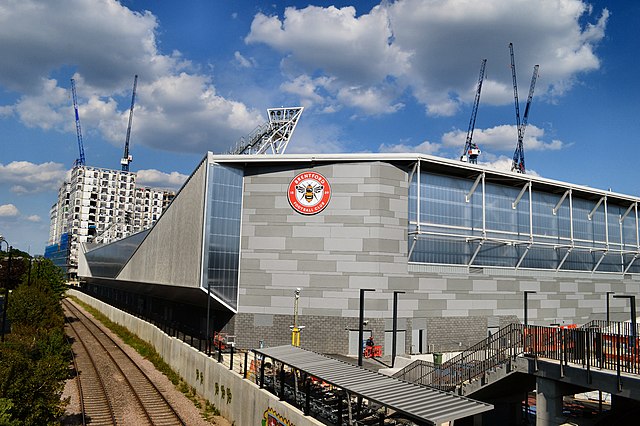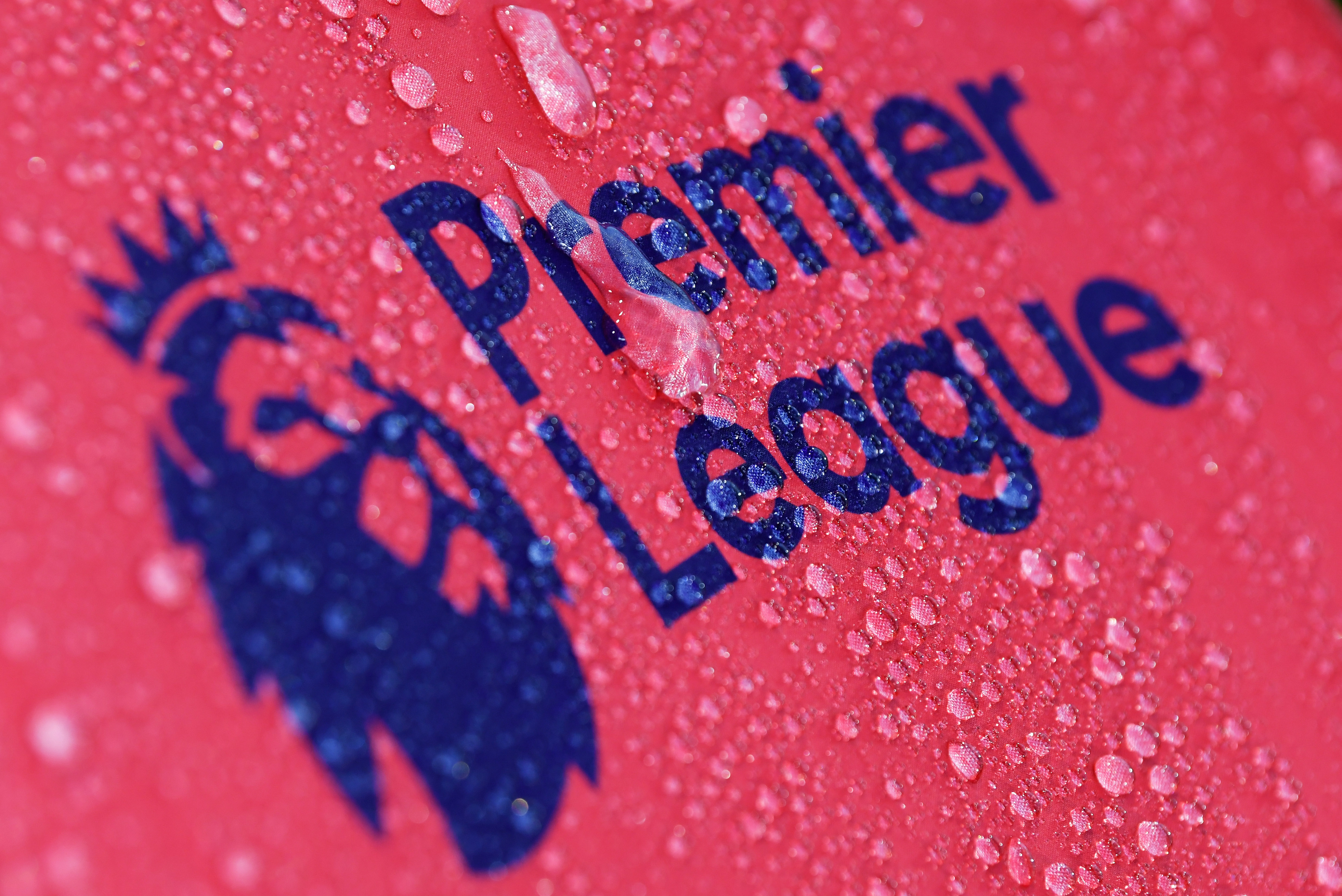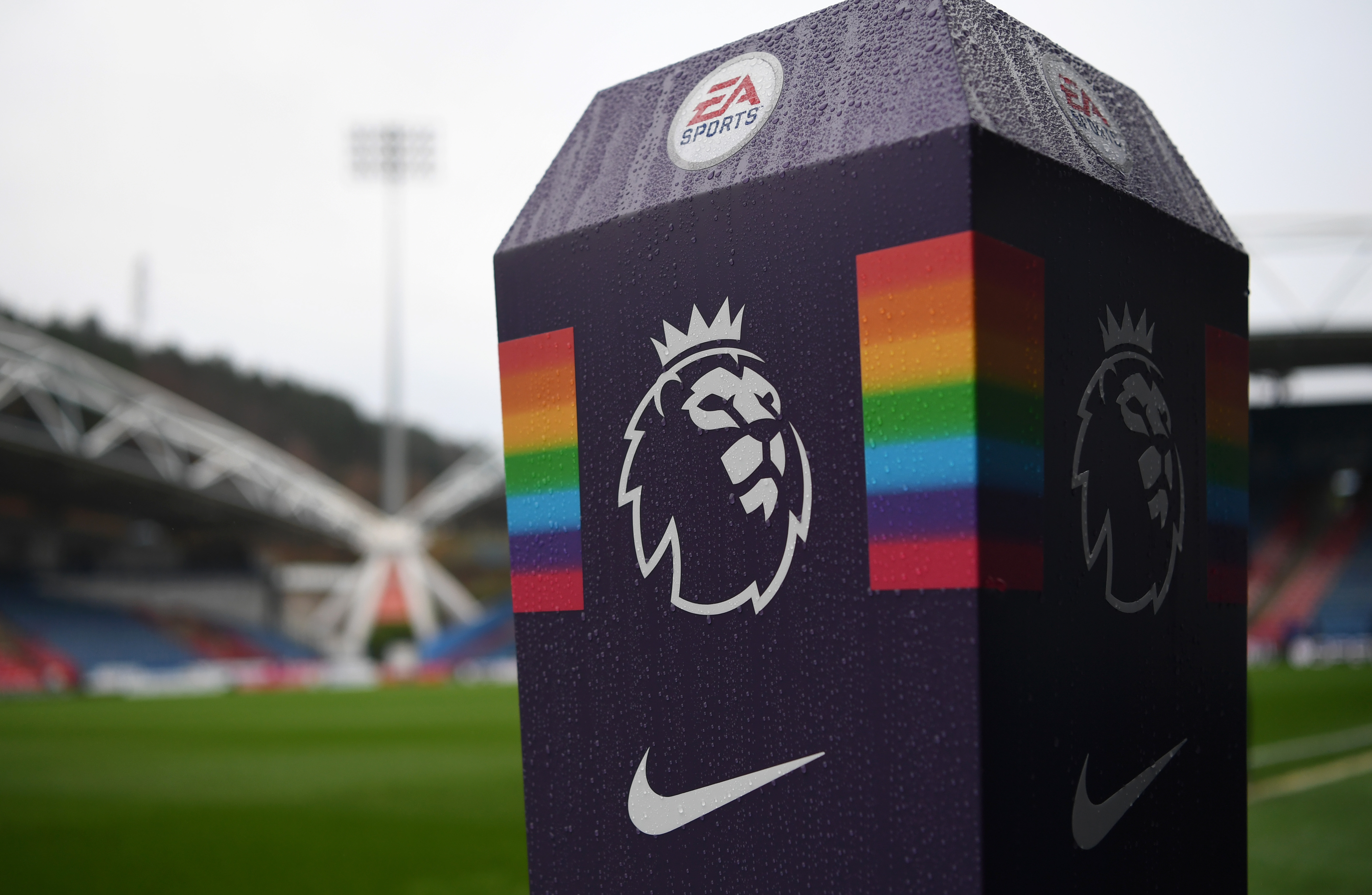In his ground breaking novel “One Hundred Years of Solitude”, Nobel laureate Gabriel Garcia Marquez presented a cyclic nature of history. According to the novel, repetition of certain traits in humans is inescapable and inevitable. Taking a look at two of the most iconic players in the history of Juventus, one cannot help but agree to Marquez’s philosophy. Giampiero Boniperti and Alessandro Del Piero are two legends from vastly different eras, yet they are similar to each other in many aspects. They share a common bond with not only each other, but also with the club they represented so proudly.
Starting Early…
Both Del Piero and Boniperti joined Juventus at a very tender age. Giampiero grew up admiring Juventus; he wore a Juve lapel, and dreamt about playing for Juve. Players often spend years in provincial clubs before getting a chance to wear the Black and White jersey, but Boniperti was an exception. He first grabbed the head-lines when he scored 7 goals in a tryout. A journalist present in the game wrote – “A boy wonder is born to Juve”. At a tender age of 18, Boniperti made his debut for the Old Lady. He made an instant impact, scoring 5 goals in 6 matches for Juve in the 1946/47 season. In Juve, he was tutored by a legend of the 30s team – Renato Cesarini.
A model footballer
Alessandro’s career graph was very similar; he started out playing for Padua in Serie B. His talent was soon spotted by scouts around Italy. Juventus, under the presidency of Boniperti, snapped him up. In his autobiography, the President mentions Del Piero as his “last gift to Juventus”. When young Alex arrived in Turin, the veteran took him on a tour of the trophy room. “Do you see how many trophies have we won? Hope, you’ll contribute to the further growth of Juventus”, he said. Boniperti’s hope would soon turn into reality. Del Piero was drafted into the Primavera team, under the stewardship of another Juventus legend, Antonello Cuccureddu. After his impressive performance in a victorious Viareggio Cup campaign, he made his first team debut on 12th September, 1993, the opponents being Zdenek Zeman’s Foggia. A week later, Alex opened his senior team account against Reggina. The rest, as they say, was history.
Inspiring Juventus Revival
Boniperti joined Juve during a dark era of the club. It had been 14 years since the Old Lady last won the league title. Italian football was at the mercy of an invincible team assembled by cross-town rivals Torino. In his first full season in 1947/48, Boniperti shocked the footballing world. The young centre-forward scored 27 goals in 40 matches. He won the top scorer award that season, trumping the iconic Valentino Mazzola. After the tragic demise of “Il Grande Torino”, Italy needed a team which could fill the gigantic void left by Valentino Mazzola’s men. Juventus rose to the occasion, inspired by Boniperti. He developed a wonderful chemistry with Ermes Muccinelli and the Scandinavian giant John Hansen. Together they led Juventus to a memorable league title in 1948/49 season. Hansen and Boniperti combined to score 49 goals in that season. Two seasons later, the duo repeated their goal scoring feat – Hansen topped the scoring charts with 30 goals this time, resulting in another league title. From 1947 to 1952, Boniperti scored 15 or more goals in every season. With his goals and the leadership of Agnellis, Juventus was revived.
When Del Piero started sporting the black and white jersey Juve was playing 2nd fiddle to an unstoppable AC Milan side. In his 2nd stint at Juventus, Giovanni Trapattoni was assembling a solid team, but trophies were not showing up. Juve had won only three major trophies in the 1986-1994 period, including 2 UEFA Cups and zero league titles. In 1994/95 Marcelo Lippi took over as coach. His relationship with Roberto Baggio gradually deteriorated, and Del Piero was slowly integrated into the team as a direct replacement. Baggio left Juve the next season, and Alex firmly established himself as the fantasista. He combined beautifully with Vialli and Ravanelli, as Juventus won its 2nd UCL title in 1996. By the time Del Piero was enjoying his best season in 1997/98, Juventus had turned into the best team in Italy and Europe. His 32 goals in that season were his personal best. Like Boniperti four decades before him, Del Piero was one of the major factors behind the Old Lady’s journey to the top.
Club Before Self
Del Piero and Boniperti are statistically two of the most prolific scorers in the history of the club. Yet, it’s not just about the numbers. Not many Juventus players enjoy similar demi-god status among fans. These two players have become symbolic with the club over the years; it’s because of their commitment to the club, to its fans. Juventus as a club always accepted defeat with dignity – no players represent this Juventus spirit better than Del Piero and Boniperti.
Fantasista. Leader. Legend.
During his playing days Giampiero was renowned for being a model sports man on and off the pitch. He rarely got into controversies and was respected by opponent players. To him, the club came before everything. He was and is extremely proud of his association with Juve. Boniperti’s eyes still shine the brightest, whenever he attends a Juventus event. He started as a centre-forward but ended his career as a play-maker. John Charles and Omar Sivori scored bucket loads of goals in three Scudetto winning seasons between 1957 and 1961, and Boniperti was the brain behind their goals. He was nearing 30, but he still adjusted to accommodate the younger strikers. His personal goal scoring records were adversely affected, but Boniperti didn’t complain – the success of the club was more important to him.
In his book “Calcio” John Foot describes Del Piero as “a paragon of fair-play” in a world of divers and cheaters. A devout family man, he has never let superstardom spoil his image. In a country where Francesco Totti’s marriage was live telecasted, Del Piero always kept his life private. He never backed down from sacrificing for the team. During Fabio Capello’s reign, Del Piero was benched in favour of Zlatan Ibrahimovic. Capello, never in favour of the superstar policy, deemed Alex to be unfit to play regularly. His assessment was not correct, as Del Piero aged beautifully in next few seasons, topping goal scoring charts in Serie B (2006/07) and Serie A (2007/08). Despite being benched, Del Piero accepted the decision with dignity. He never gave a press statement, never criticized the coach. Like Boniperti, Del Piero embodies selflessness, always putting the club before himself.
Internationl Career
Boniperti and Del Piero excelled wonderfully for Juventus. Sadly, they never did justice to their talents when donning the Azzuri jersey. Boniperti’s best form coincided with some of the worst times for Italy NT. The Italy team of that era was made up with players from Il Grande Torino team. The National team took a decade to recover. Fear psychosis after Torino’s demise led the Italian FA to send the squad to Brazil via sea. The journey was long and tiring. Boniperti and the team failed to make any impact, crashing out in group stages. Four years later, Boniperti scored his first (and only) WC goal against Switzerland. Italy was knocked out in group stages again. Matters got worse when Italy failed to qualify for 1958 world cup. By the time of the next WC, Boniperti had retired.
Del Piero’s overall record with the Azzuris is pretty impressive. He is fourth in the all time list of highest goal scorers for the NT. He played in 3 world cups and 2 European Championships, but failed to have the same kind of impact he had in Juve. He returned from a horrific injury just in time to play in France ’98. He looked visibly rusty, and Coach Cesare Maldini was severely criticized for playing Del Piero over Roberto Baggio. Del Piero grabbed the winner against Sweden in Euro 2000 group stages. In the final, Italy completely outplayed France and led 1-0 when Del Piero was brought in as a substitute. To the disappointment of Azzuri fans he missed two clear cut chances; Italy eventually succumbed to a heart breaking loss. Alex was severely criticized in press for not killing off the match when he had the chance.
He scored another crucial goal against Mexico in 2002 world cup. Italy looked out of ideas against a well drilled Mexican side, and Alex came off the bench to score a late equalizer, which ultimately paved the way for his team’s progress to next round. He was disappointing in the match against Korea. Despite starting, he failed to make an impression and was subbed off. Del Piero did make amends for his earlier misses in Germany ’06. His exquisite chip over Jens Lehmann sealed a glorious win for Italy in the semi-final. He dispatched an unstoppable penalty past Barthez in the final.
With time, Del Piero has broken Boniperti’s goal scoring records. He has went on the create records of his own which might never be broken. In a way, it’s very apt that it is Del Piero who emulated Boniperti. The record has only changed hands; the fundamental spirit of both players are same and is intrinsically linked with the spirit of Juventus. Boniperti had great success as an administrator, a feat which Del Piero hasn’t matched yet. Maybe he will do it after retirement. Millions of Juve fans would want nothing more than to see him as a part of the Juve administration.







